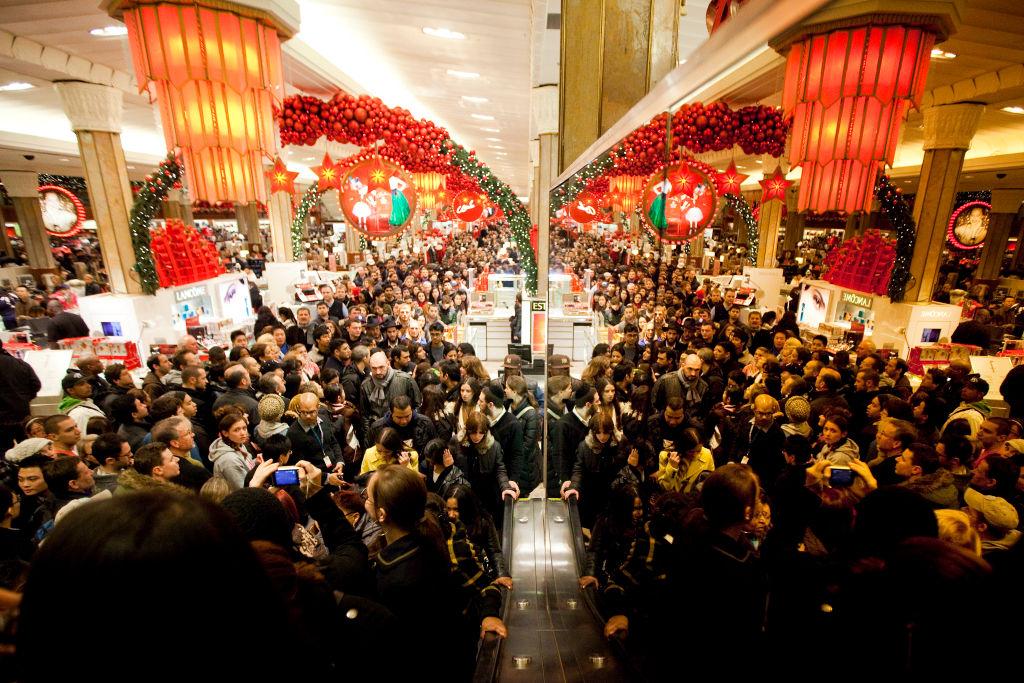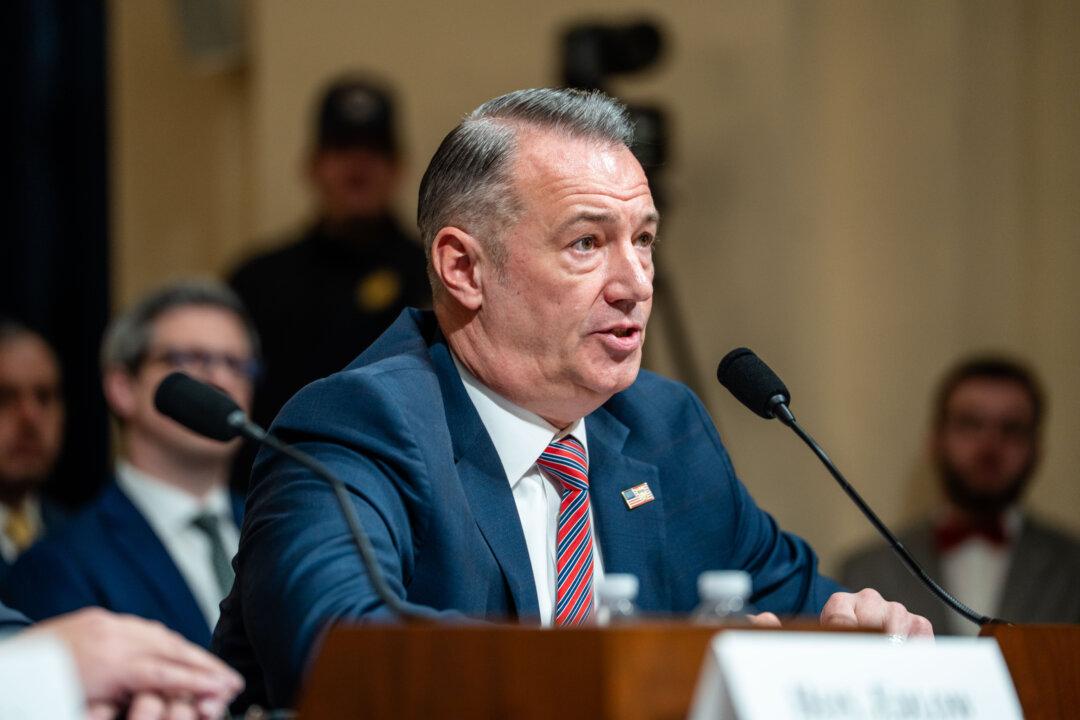The National Retail Federation (NRF) is forecasting holiday retail spending to grow by 6 to 8 percent this year, reaching up to $960 billion as many shoppers dip into savings or use credit cards to buy gifts for loved ones.
“Our expectation is that we will have positive real [inflation-adjusted growth] for the holiday season,” NRF spokeswoman Mary McGinty told The Epoch Times. “We don’t have an inflation-adjusted holiday sales number because we don’t know exactly where inflation will end up in the next couple of months.”





